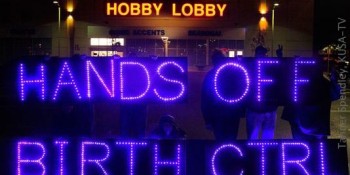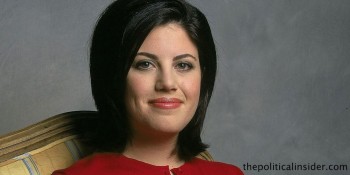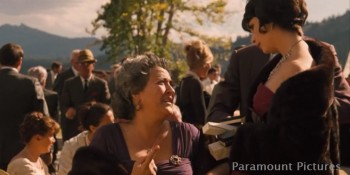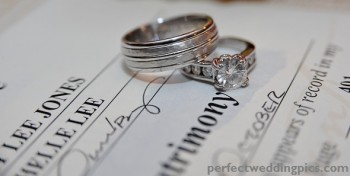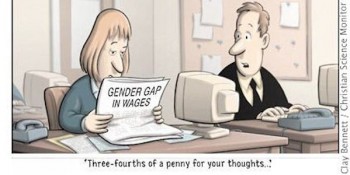The airwaves have been dominated by male-dominated sporting events over the past few weeks. Those who follow all types of sports know that the men’s 2014 FIFA World Cup has just come to a close, and we are currently in the throes of the yearly Tour de France competition. These two areas have been dominated by males for the better part of the last century, and I, for one, would like to see that change.
First, let me state that I am a huge soccer fan. I came of age during the 1990s, when the American women dominated the 1991 and 1999 women’s World Cups, putting soccer on the map as the ultimate expression of girl power. When I tune in to soccer, I prefer to watch the women’s matches over the men’s because, let’s face it, the women actually win. The U.S. women’s national team is currently ranked number one in the world by FIFA and has won two World Cups as well as four Olympic gold medals. Conversely, the U.S. men’s national team has yet to win a World Cup despite their participation in the competition since its inception in 1930.
I tell you all of this to set the stage for my outrage. I was sitting in a local pub, enjoying the World Cup and identifying the flags of the competing countries. While imbibing some celebratory libations (read: beer), I struck up a conversation with another gentleman at the bar. I told him I was a big soccer fan, but that I preferred to watch women’s soccer because I found their playing technique to be cleaner and, therefore, the competition to be more exciting. The guys said to me, “Oh, is there a World Cup competition for the women?” I politely told him yes, and that they were two-time World Cup champions and were successful in several Olympics.
Inside, I was seething. How could this guy, who considers himself to be a “soccer fan,” not be aware of the women’s team? How could he not know about the great players of the past like Julie Foudy, Mia Hamm, and Brandy Chastain, or even heard of the players of today including Alex Morgan, Abby Wambach, or my newest favorite, Sydney Leroux? More specifically, how does a soccer fan who is older than 24 not remember the epic women’s World Cup win in 1999 where Brandi Chastain ripped her shirt off in celebration after scoring the winning goal?!
I know the women are further behind in terms of recognition in this sport. The first women’s World Cup wasn’t held until 1991, and that competition was only recognized as the first World Cup in retrospect. However, despite the many issues I have with FIFA, I applaud the association for one thing: recognizing the need for a women’s competition and filling that gender hole.
It is my hope that, someday, we will see the organizers of the Tour de France come to this same conclusion. I wouldn’t consider myself an avid cycling fan, but I do love watching Le Tour every year. I hold my breath during the mountain phases, especially through rainy descents like the one that took Alberto Contador out of the competition yesterday. As much as I enjoy the Tour, I wish I could also see competitors who look like me. The only time I get to watch women’s cycling is when it breaks into the mainstream every eight years during the Summer Olympics.
Rest assured I will be watching July 27 when women will finally get a chance to ride down the Champs Elysees during their one-day La Course race. Could I seek out more women’s cycling? Absolutely, but my point is that I shouldn’t have to. Women athletes work just as hard as men in terms of training their bodies to compete in these sporting events. Why should they not receive equal airtime?
To be sure, I don’t always advocate for the women’s team by default. Honestly, when it comes to basketball, I find the men’s games to be more exciting and at a much more enjoyable pace; to me, the women take too long to run their plays and they lose my attention. However, during March Madness, I can easily find men’s and women’s basketball and choose for myself which I would rather watch. I would like to see the cycling community make similar efforts as FIFA and the NCAA: give the women equal airtime and put the competitions on prominent stations during a decent hour (i.e., not 3 a.m.).
Race organizers of the Tour state they simply can’t hold another race because it’s too much work. To that, I say: tough. You seem to manage the logistics when it comes to running a men’s race.
My Nerd/Wise brother-in-law always asks me what we “can do” to make this world a little bit more feminist-friendly. In honor of his request, I have a suggestion: start supporting women athletes. Watch their competitions, cheer them on, root for the U.S.A. in any event and for any gender. Let’s not squander away the four years between the Olympic competitions to show our girl power!

